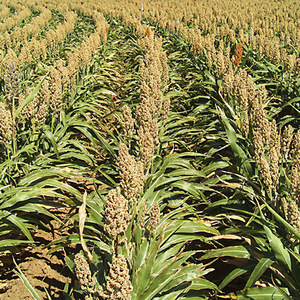EPA proposes distillers sorghum oil as advanced biofuel feedstock

Photo: USDA ARS
January 5, 2018
BY Erin Voegele
Advertisement
Advertisement
Related Stories
The Iowa Biodiesel Board is celebrating a milestone in the adoption of biodiesel blends, with sales in 2023 reaching 486.5 million gallons, nearly tripling from the 160.8 million gallons recorded in 2007.
Senate Ag Committee releases draft Farm Bill that includes significant updates to USDA’s loan guarantee program
Sen. Debbie Stabenow, D-Mich., chairwoman on the Senate Agriculture, Nutrition and Forestry Committee, on Nov. 18 introduced the Rural Prosperity and Food Act, which is the Senate’s version of the upcoming Farm Bill.
Rep. Randy Feenstra, R-Iowa, and five of his colleagues on the U.S. House Ways and Means Committee on Nov. 18 announced they are seeking additional information from relevant stakeholders on biofuel tax policy. Reponses must be submitted by Dec. 13.
White House releases interagency report to advance biotechnology and biomanufacturing for robust economic growth
The Biden-Harris administration released a new report, Building a Vibrant Domestic Biomanufacturing Ecosystem, to advance biotechnology and biomanufacturing as part of a broader national bioeconomy implementation plan.
Corteva Inc. has announced plans to form a joint venture with bp focused on feedstock production for SAF. The company plans to grow proprietary Corteva mustard seed, sunflower and canola feedstocks well-suited for SAF production.





